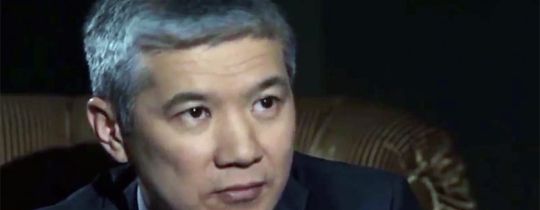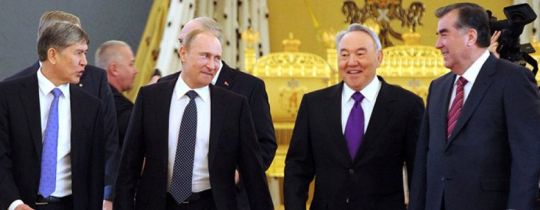Ukrainian political expert Konstantin Bondarenko’s interview about childhood syndrome of nationalism in the countries of post-Soviet space has caused wide discussions, including in the Kazakhstani segment of social networks. Some agree with his opinion that nationalism is a childhood syndrome of nation building that is better to endure during early years, while others are enraged with his interpretation of the very concept.
Praсtice shows that all post-Soviet countries are afflicted with nationalism to some extent. But why? Is that a result of the former politics of creating a “soviet man”, i.e. an attempt at fixing former errors or some kind of mandatory syndrome that goes along with acquiring national identity?
Kazakhstani president Nazarbaev decided to leave the article 26 of the constitution in its previous revision, for the time being, because it didn’t find a support among the general population. We asked the experts to examine this decision and its consequences.
We are continuing discussing the dangers of the Kazakh citizens’ “zombification” by the Russian media*. Today our partner in conversation is Marat Tolibayev.
Following the US presidential elections, experts are wondering in what direction the multifaceted international policy of Kazakhstan will change. Some say it will remain the same while others believe that these potential changes depend directly on how the US relationship with Kazakhstan’s two neighbors – Russia and China – are going to develop.
In 25 years of independence, not all Central Asian republics were able to build real system of governance, say Russian experts Alexey Malashenko and Andrey Grozin.






